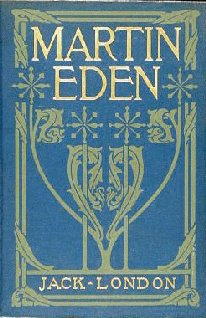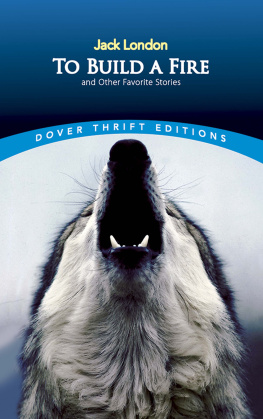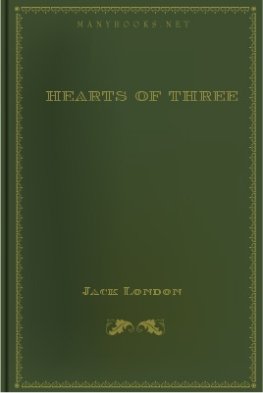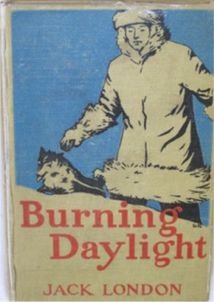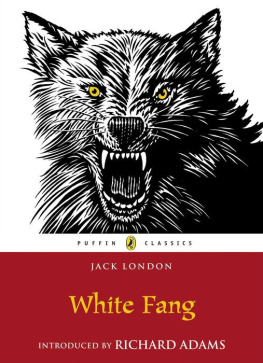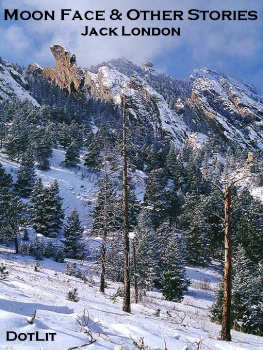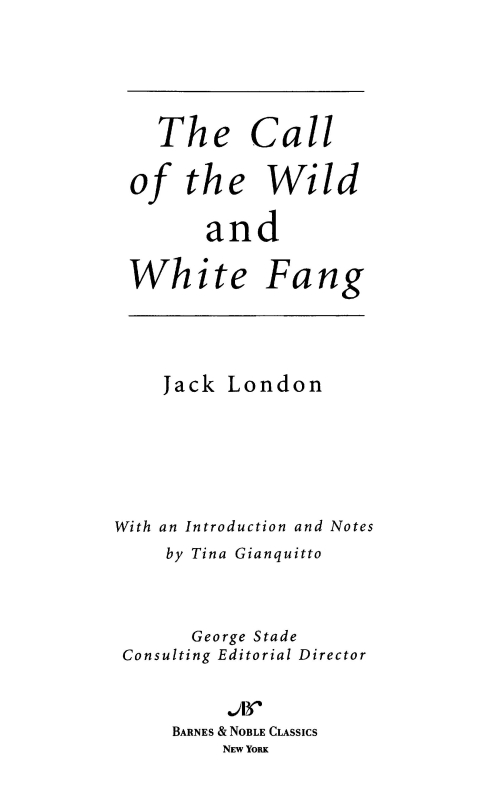
Table of Contents
From the Pages of
The Call of the Wild
He had learned to trust in men he knew, and to give them credit for a wisdom that outreached his own. But when the ends of the rope were placed in the strangers hands, he growled menacingly. (page 7)
He saw, once for all, that he stood no chance against a man with a club. He had learned the lesson, and in all his after life he never forgot it. That club was a revelation. It was his introduction to the reign of primitive law, and he met the introduction half-way. (page 12)
There is an ecstasy that marks the summit of life, and beyond which life cannot rise. And such is the paradox of living, this ecstasy comes when one is most alive, and it comes as a complete forgetfulness that one is alive. (page 32)
They were not half living, or quarter living. They were simply so many bags of bones in which sparks of life fluttered faintly. When a halt was made, they dropped down in the traces like dead dogs, and the spark dimmed and paled and seemed to go out. (page 53)
Deep in the forest a call was sounding, and as often as he heard this call, mysteriously thrilling and luring, he felt compelled to turn his back upon the fire and the beaten earth around it, and to plunge into the forest, and on and on, he knew not where or why; nor did he wonder where or why, the call sounding imperiously, deep in the forest. (page 60)
From the Pages of
White Fang
Daylight came at nine oclock. At midday the sky to the south warmed to rose-color, and marked where the bulge of the earth intervened between the meridian sun and the northern world. But the rose-color swiftly faded. The gray light of day that remained lasted until three oclock, when it, too, faded, and the pall of the Arctic night descended upon the lone and silent land. (page 98)
Fear!that legacy of the Wild which no animal may escape nor exchange for pottage. (page 140)
He had no conscious knowledge of death, but like every animal of the Wild, he possessed the instinct of death. To him it stood as the greatest of hurts. It was the very essence of the unknown; it was the sum of the terrors of the unknown, the one culminating and unthinkable catastrophe that could happen to him, about which he knew nothing and about which he feared everything. (page 146)
He did not like the hands of the man-animals. He was suspicious of them. It was true that they sometimes gave meat, but more often they gave hurt. (page 188)
The clay of White Fang had been molded until he became what he was, morose and lonely, unloving and ferocious, the enemy of all his kind. (page 211)
In a lofty way he received the attentions of the multitudes of strange gods. With condescension he accepted their condescension. (page 273)
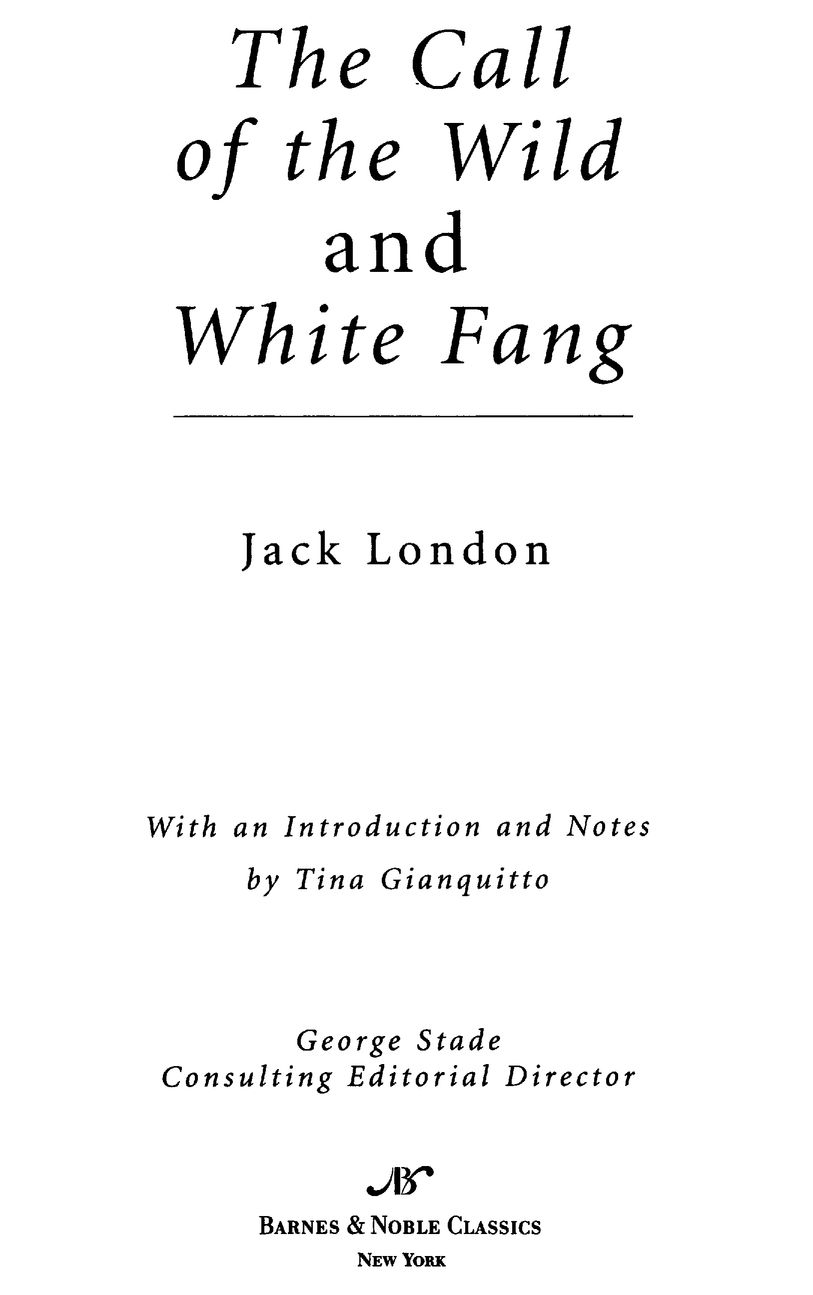
Jack London
John Griffith London was born out of wedlock on January 12,1876, in San Francisco. His mother, Flora Wellman Chaney, a spiritualist and music teacher, married John London later that year. John continually moved the family around California looking for work on farms and ranches, and young Jack was self-sufficient by the time he was fourteen. After working as a newspaper delivery boy, cannery worker, and seaman aboard a sealing vessel, in 1894 he joined Coxeys Army, a group of jobless men, on a march to Washington, D.C., to protest economic conditions. London abandoned the group along the way and eventually served prison time in northern New York for vagrancy. In prison he reflected on his position at the base of the social pyramid as exploited worker and developed his own branch of Socialism, influenced by the writings of Karl Marx and Friedrich Nietzsche. He joined the Socialist Labor Party and, espousing the idea that education is the route out of exploitation, enrolled at the University of California at Berkeley. He dropped out after just one semester but continued to educate himself by reading the fiction of such writers as Robert Louis Stevenson, Rudyard Kipling, and Joseph Conrad and the philosophical and political works of Sigmund Freud, Carl Jung, Adam Smith, Immanuel Kant, and Herbert Spencer.
It is telling that when London joined the Klondike Gold Rush in 1897, he packed a copy of Charles Darwins On the Origin of Species and John Miltons Paradise Lost alongside such essentials as bacon and flour. London returned no richer than he was when he left and decided to devote himself to writing. Though London later claimed, I did not know a soul who had ever published anything... I had no one to give me tips, in fact he counted among his good friends the poet George Sterling, the writer and journalist Ambrose Bierce, and the editors of the San Francisco Call and the Oakland Times. He began writing newspaper articles on the Russo-Japanese war and the Mexican Revolution, as well as short stories, and within two decades he had published forty-seven books. By 1913 London was the highest-paid writer in the world, and The Call of the Wild and White Fang were enduringly popular with critics and the public. Both stories draw heavily from Londons Yukon experience and exhibit the influence of Darwins notion of the survival of the fittest; both also show Londons avoidance of sentimentality and his commitment to presenting injustice and brutality. London married Bess Maddern, whom he claimed to have chosen for mating possibilities, not for love, in 1900. The couple had two daughters, Joan and Bess, and soon divorced. In 1905 London married Charmian Kittredge, his so-called Mate Woman, with whom he shared many of his adventures and who was the model for many of his female characters. Jack London died of uremia and renal colic in 1916.
The World of Jack London,
The Call of the Wild, and White Fang
| 1876 | John Griffith London is born January 12 in San Francisco to Flora Wellman Chaney. Flora marries John London on September 7. |
| 18781886 | The Londons move around California as John looks for work on farms and ranches. Flora and Johns schemes to make money fail. In 1886 the Londons settle in Oakland, where young Jack works odd jobs and spends his free time in the Oakland Public Library reading novels and travelogues. |
| 1891 | London works in a cannery. He borrows money to buy a sloop, the Razzle-Dazzle, and sails through San Francisco Bay raiding oyster beds. |
| 1892 | London goes to work for the California Fish Patrol. |
| 1893 | A seven-month voyage aboard the sealing vessel Sophia Sutherland takes London to Hawaii, the Bonin Islands, Japan, and the Bering Sea. At sea, London begins to write, and his experiences inspire a piece of short fiction, Story of a Typhoon off the Coast of Japan, that wins first prize in a writing contest sponsored by the San Francisco Morning Call. The Panic of 1893 grips the country, and the growing use of machinery and the depressed economy lead to the unemployment of vast numbers of American workers. |
| 1894 | London joins Kellys Army, the western branch of a band of unemployed men known as Coxeys Army, on a march to Washington, D.C., to protest economic conditions. He leaves the march before reaching Washington and makes his way north to Buffalo, New York, where he is arrested for vagrancy and spends a month in the Erie County Penitentiary. During his imprisonment, London formulates a social philosophy informed by the ideas of Karl Marx and Friedrich Nietzsche. |


